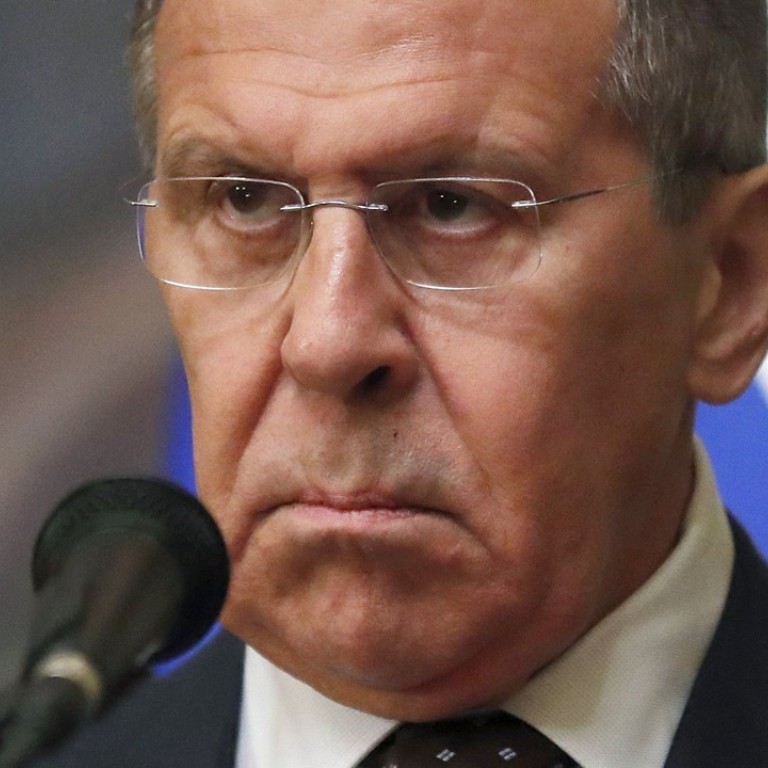
Developing | Russia demands sample of nerve agent used to poison ex-spy after British PM Theresa May points finger at Moscow
Foreign minister Lavrov said Moscow would only cooperate with UK in investegation if it received a sample of the poison, which left a former double agent and his daughter in hospital
Moscow will only cooperate with Britain on the investigation into last week’s poisoning of an ex-Russian spy and his daughter if it receives samples of the nerve agent that is believed to have been used, the country’s foreign minister said on Tuesday.
Sergey Lavrov spoke in response to the British government’s demand for an explanation of the use of a military-grade nerve agent produced in Russia in the attack in the English city of Salisbury.
Lavrov told reporters on Tuesday that Moscow’s requests to see samples of the nerve agent have been turned down, calling it a violation of the Chemical Weapons Convention, which outlaws the production of chemical weapons. He insisted that Russia is “not to blame” for the poisoning.
He said Moscow is willing to cooperate with the investigation but suggested that London would be “better off” complying with its international obligations “before putting forward ultimatums.”
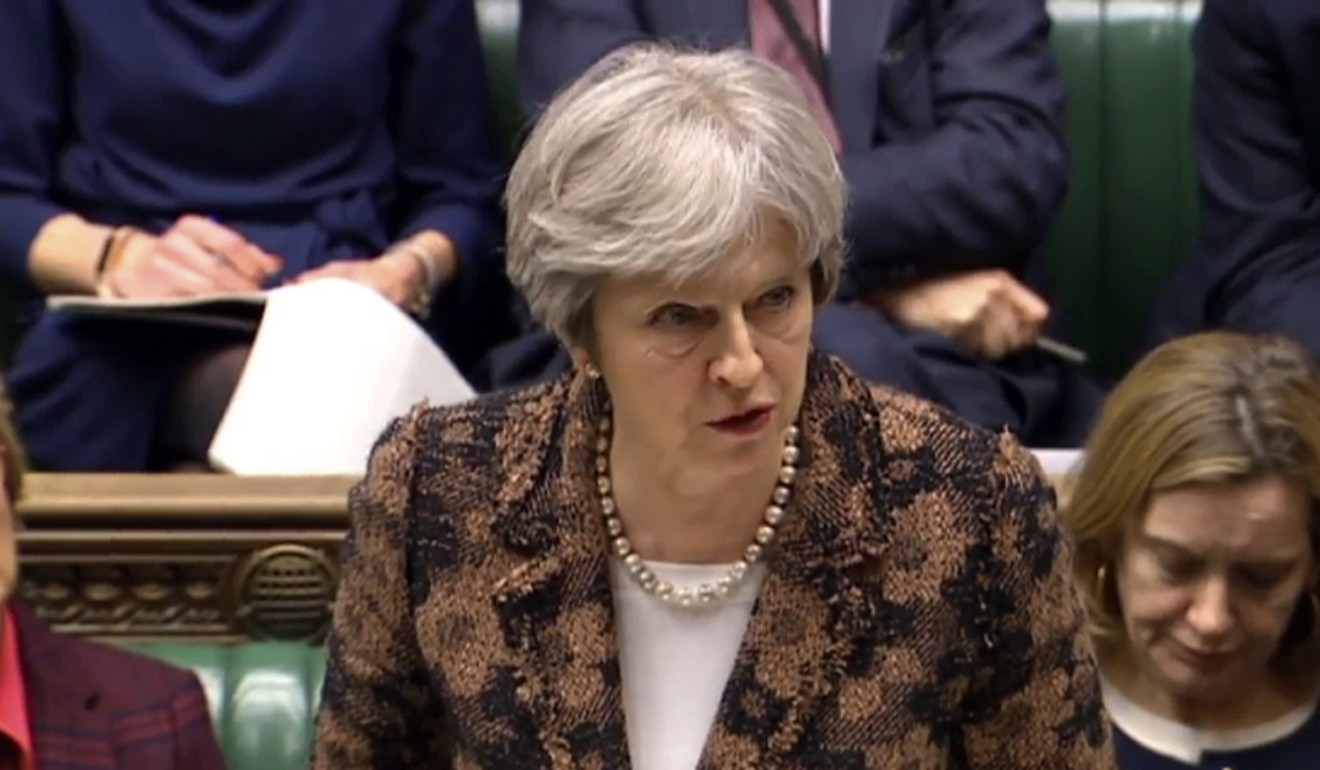
Lavrov’s comments came after British Prime Minister Theresa May said Russia’s involvement is “highly likely”, with allies – including the US – backing the position.
She told British lawmakers that Moscow had previously used this group of nerve agents known as Novichok, had a history of state-sponsored assassinations and viewed defectors such as Skripal as legitimate targets.
“The government has concluded that it is highly likely that Russia was responsible for the act against Sergei and Yulia Skripal,” she said, giving Russia until the end of Tuesday (March 13) to explain its actions in the case.
If there was “no credible response” the UK will conclude it was “an unlawful use of force by the Russian State against the UK”, she warned, and pledged to outline a “full range of measures” in response on Wednesday.
The poisoning left 66-year-old Sergei Skripal and his 33-year-old daughter Yulia in critical condition.
May’s conclusion, based on assessment from the police and intelligence services, is leading to a major confrontation between Britain and Russia, which has taken an increasingly aggressive posture toward Europe in recent years.
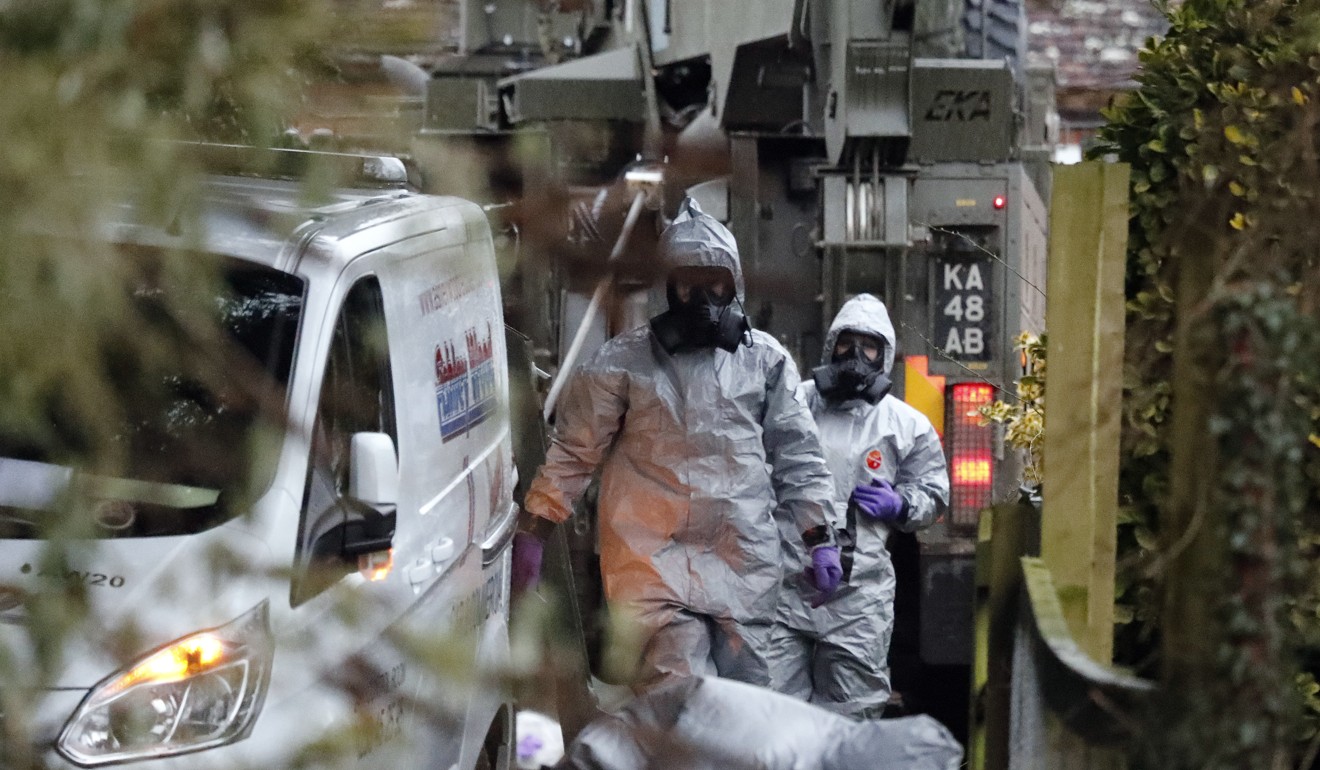
The Daily Telegraph newspaper reported on Tuesday that Britain was consulting allies in Nato about possibly invoking its Article 5 principle of common defence.
Nato Secretary General Jens Stoltenberg said the incident was “of great concern” to the alliance.
“Nato is in touch with the UK authorities on this issue,” he added in a statement issued by his office Monday.
Foreign Secretary Boris Johnson said Britain is talking to its international partners about the situation.
“I’ve been encouraged by the willingness of our friends to show support and solidarity,” he said.
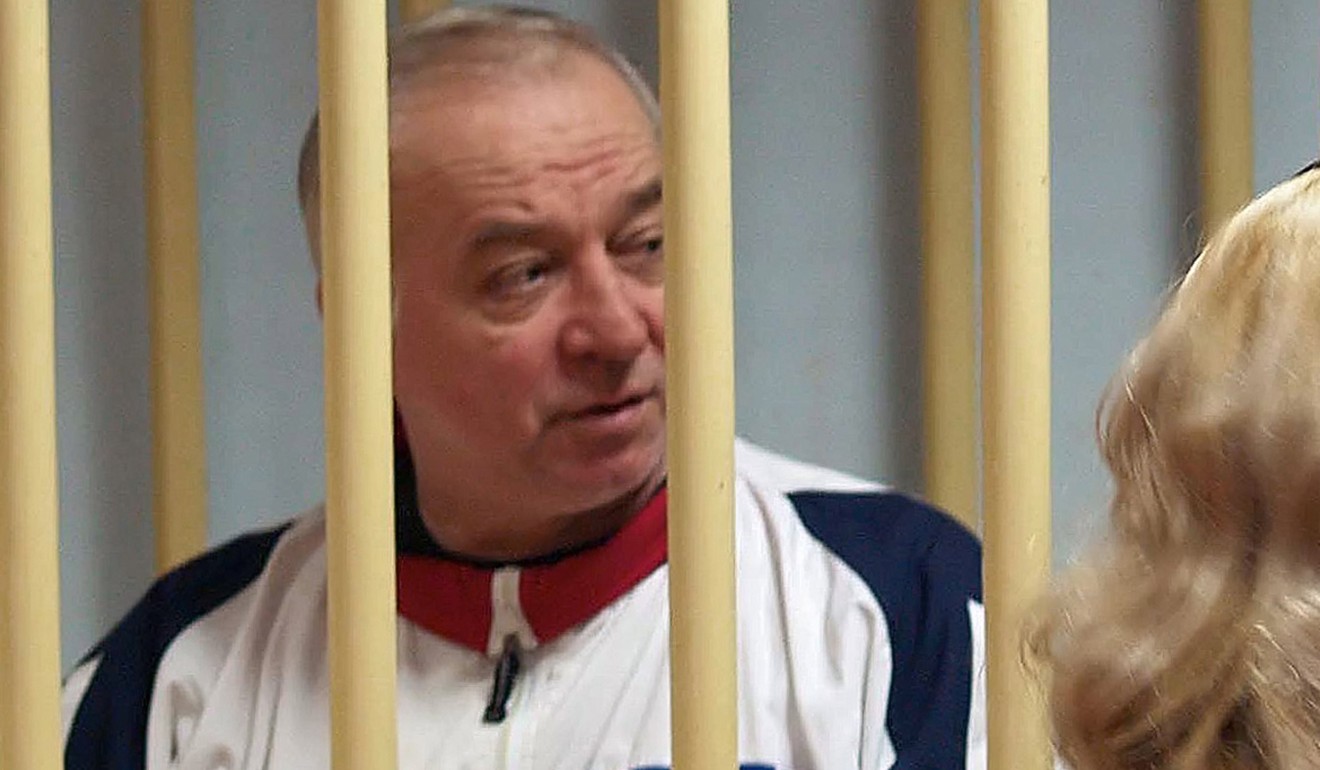
“I think in particular from President [Emmanuel] Macron of France, I talked to Sigmar Gabriel my German counterpart, and from Washington where Rex Tillerson last night made it absolutely clear that he sees this as part of a pattern of disruptive behaviour … malign behaviour by Russia … the support for the reckless use of chemical weapons which stretches from Syria now to the streets of Salisbury.”
US Secretary of State Rex Tillerson told reporters late on Monday that Russia’s actions would “certainly trigger a response”. He said it was “almost beyond comprehension” that a government would use such a dangerous substance in a public place.
“We agree that those responsible – both those who committed the crime and those who ordered it – must face appropriately serious consequences.
“We stand in solidarity with our allies in the United Kingdom and will continue to coordinate closely our responses.”
The chief of the world’s chemical weapons watchdog also said that those responsible “must be held accountable”.
In a speech Tuesday to the Executive Council of the Organisation for the Prohibition of Chemical Weapons, Director-General Ahmet Uzumcu said Johnson called him on Monday evening to tell him of the results of investigations.
“It is extremely worrying that chemical agents are still being used to harm people. Those found responsible for this use must be held accountable for their actions,” he said.
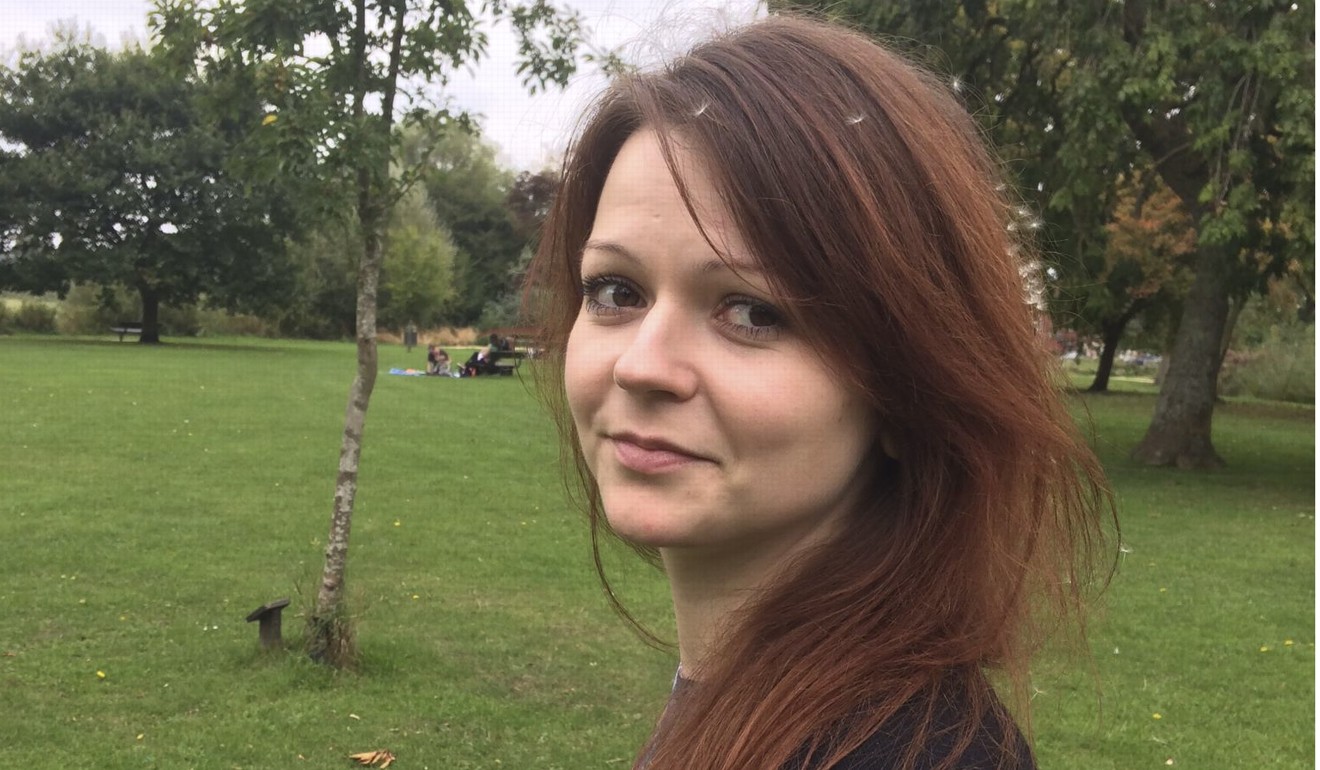
Skripal, a former Russian military intelligence officer, was convicted of spying for Britain and then released in a spy swap. He had been living under his own name in the small city of Salisbury for eight years before the attack without attracting any public attention.
Emergency workers in biohazard suits have been deployed to the normally quiet city as police investigate the attack with the help of Britain’s armed forces and its military research laboratory at Porton Down.
Pharmacology experts said Novichok, a broad category of more than 100 nerve agents developed by Russia during the late stages of the cold war, was “more dangerous and sophisticated” than sarin or VX.
“It causes a slowing of the heart and restriction of the airways, leading to death by asphyxiation,” said Gary Stephens, a professor at Britain’s University of Reading.
Britain had voiced its concerns about Russia still having such a biological weapons capability during a 2008 meeting in Paris of countries to discuss such threats, according to WikiLeaks cables reposted on Twitter Monday.
The BBC reported that investigators now believe the nerve agent may have been deployed in a powder form through the ventilation system of Skripal’s car.
Reporting by Associated Press, Reuters, Agence France-Presse
